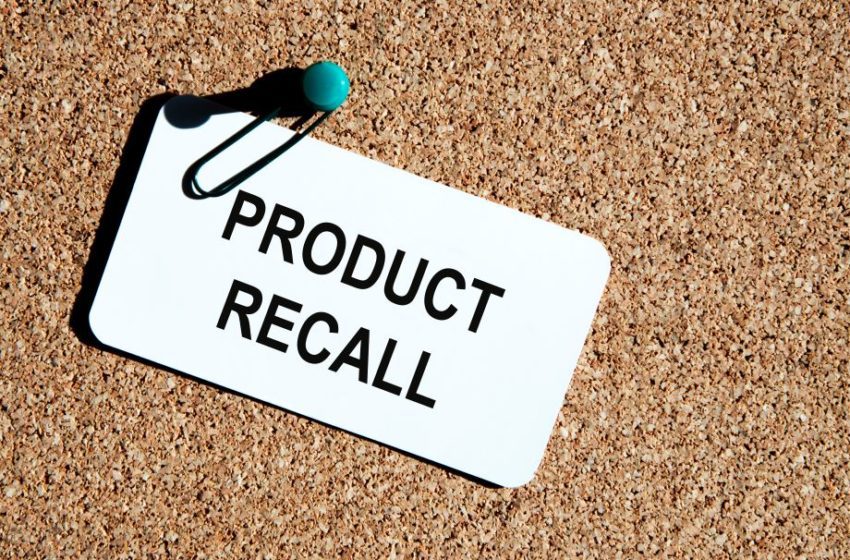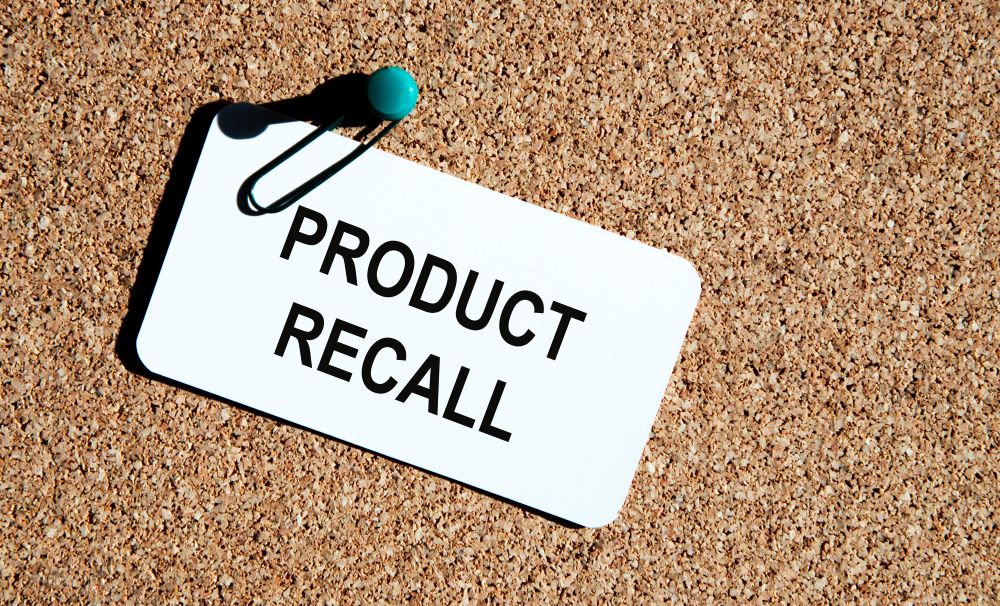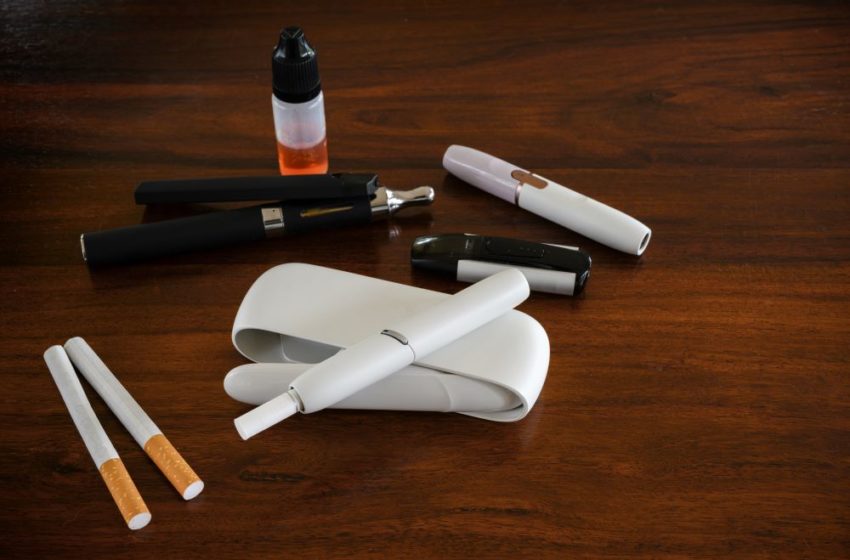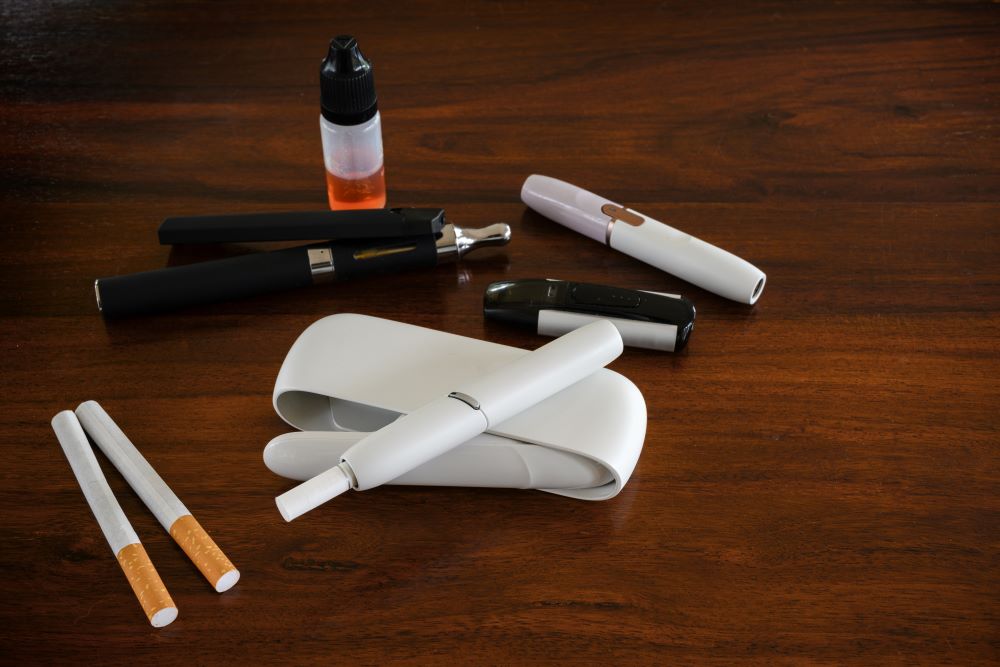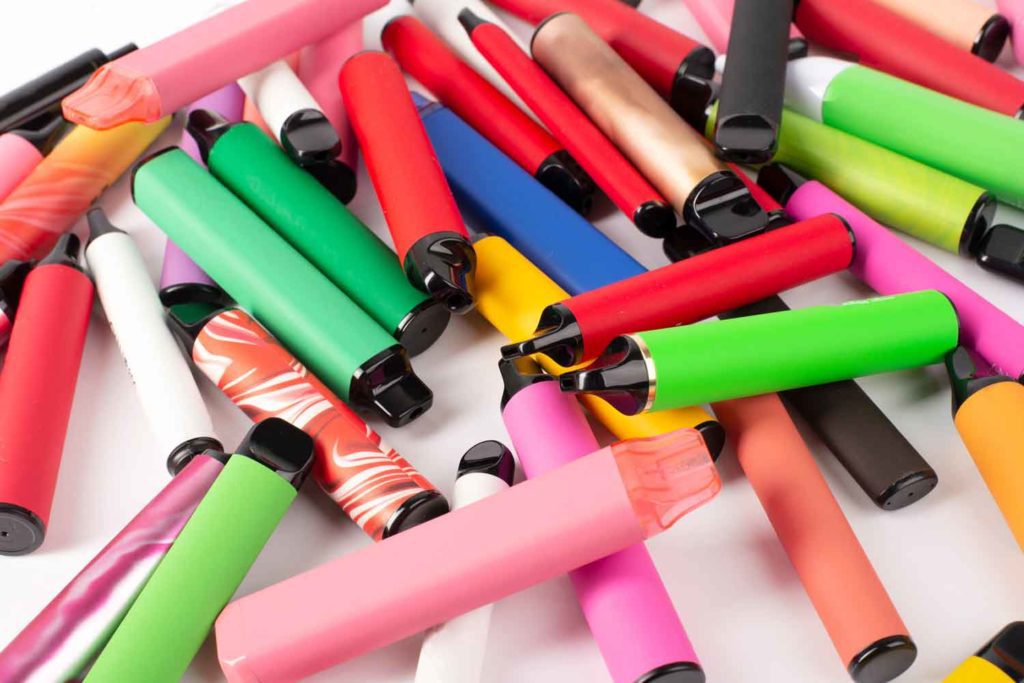
Nearly all major disposable vaping brands on the U.K. market that are not produced by a major tobacco manufacturer contain illegal levels of e-liquid, reports Better Retailing, citing BAT testing data shared by senior wholesale sources.
In a letter sent to wholesalers seen by Better Retailing, BAT said it had commissioned an independent accredited laboratory to test Elf Bar 600 products purchased from supermarkets and independent retailers between Sept. 6, 2021, and March 7, 2023.
The evidence reportedly revealed that the tested products contained significantly more than the U.K. legal limit of 2 mL of nicotine-containing e-liquid from 2.76 mL to 3.88 mL, with an average overfill of 58 percent.
Tests performed on Lost Mary, Found Mary, IVG Bar, Klik Klak, SKE Crystal, Smok Mbar Pro and Solo disposable vapes also showed illegal levels of e-liquid, according to the report.
Together, the brands account for nearly all disposable vaping sales in independent shops by both revenue and volume.
Senior wholesale sources welcomed BAT’s efforts to “clean up” the disposable vaping market but also challenged the claims made, stating they would wait on independent testing and regulatory guidance before taking action. The sources noted that BAT would likely see its market share of the disposable vaping market increase significantly if regulators took action against its rivals.
BAT stated that the results of tests have been shared with the Medicines and Healthcare products Regulatory Authority.

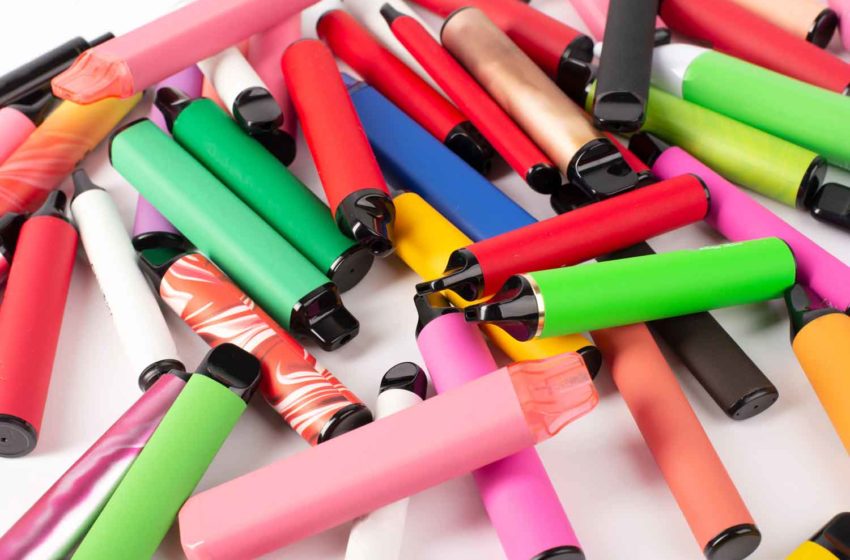
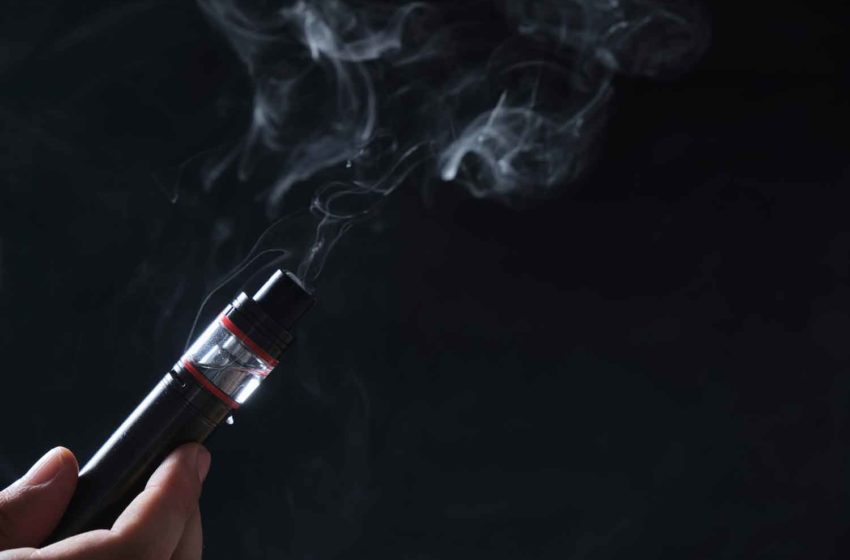
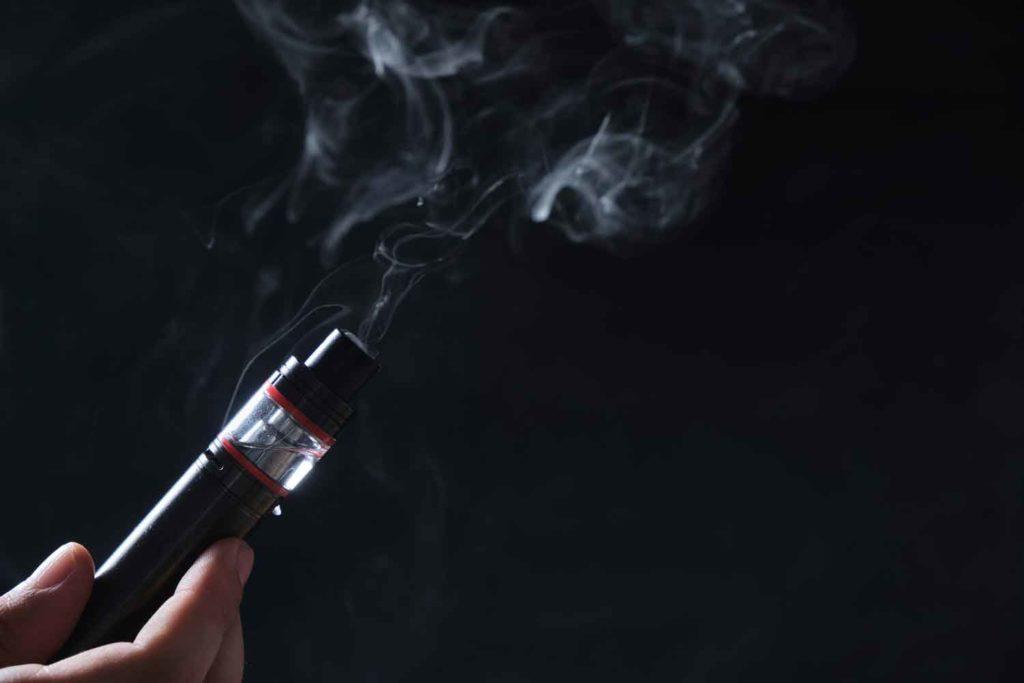
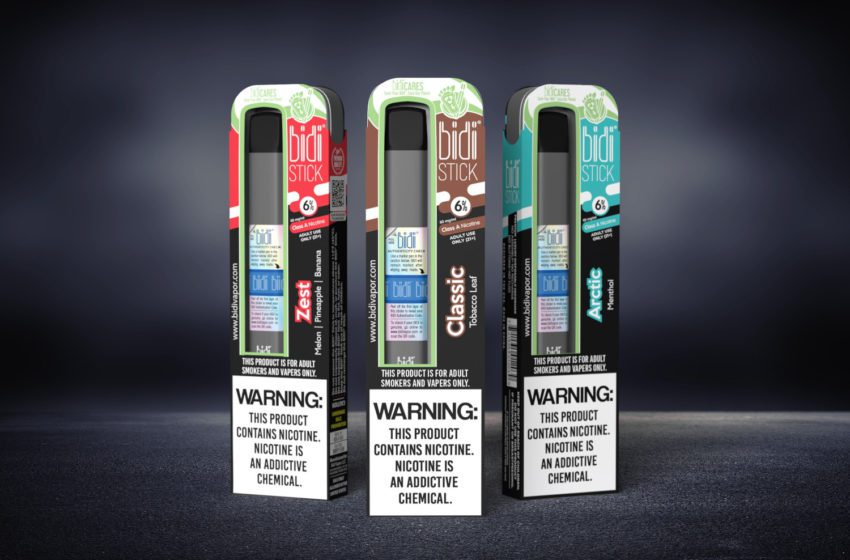
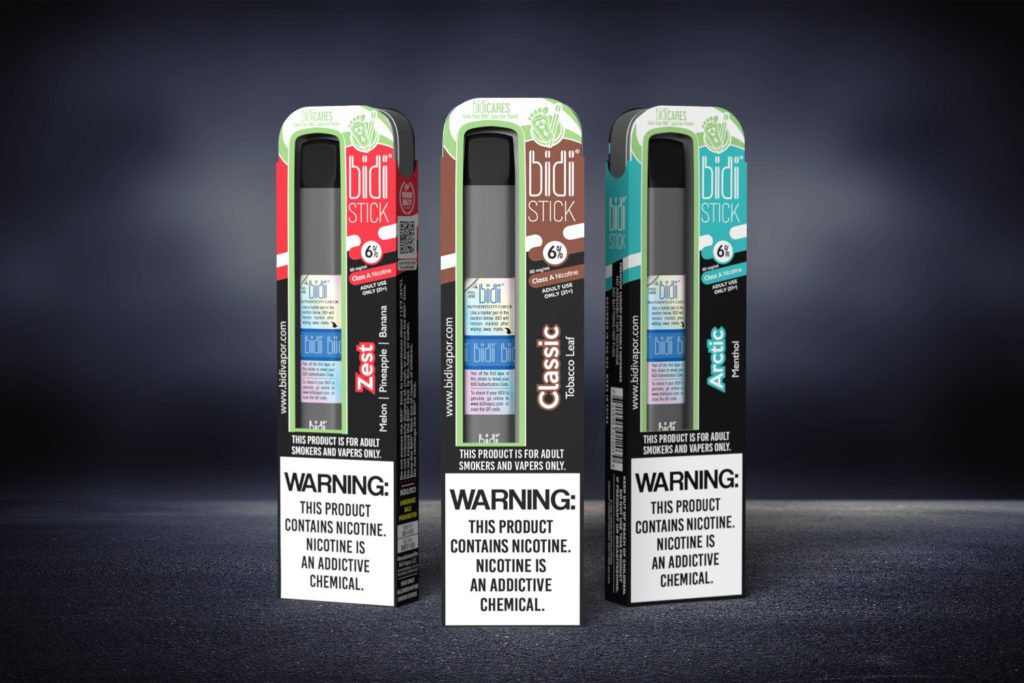
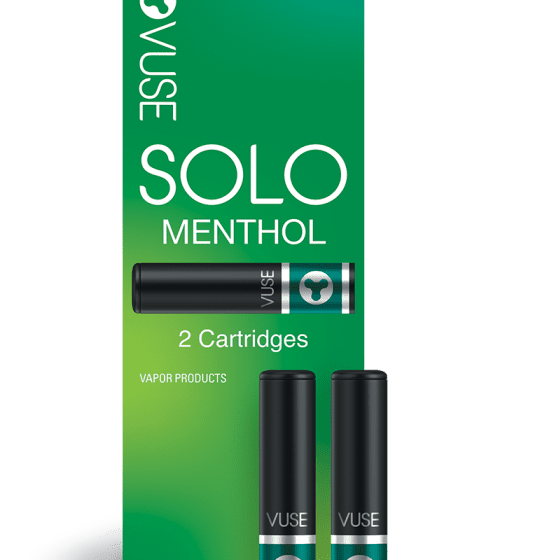
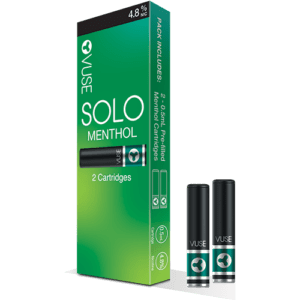 The U.S. Food and Drug Administration issued
The U.S. Food and Drug Administration issued 

